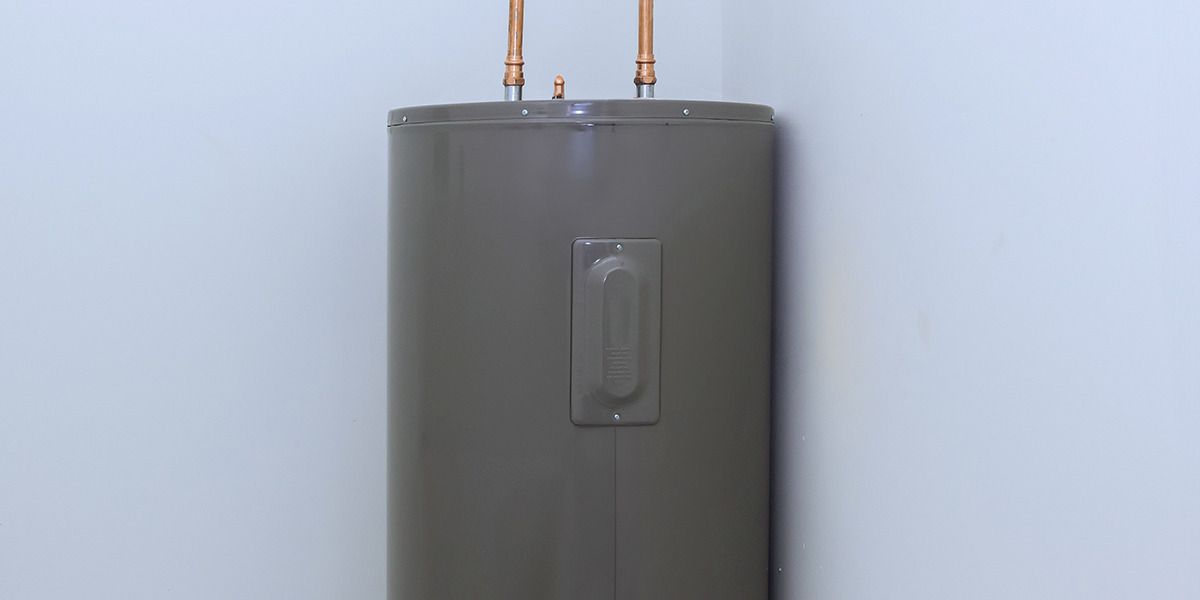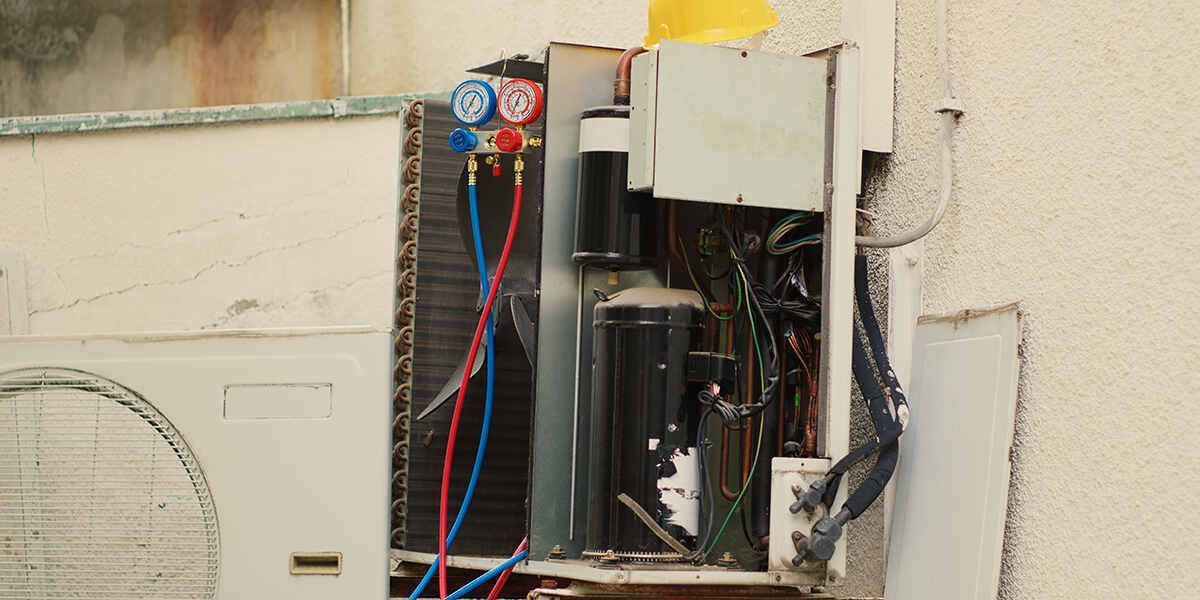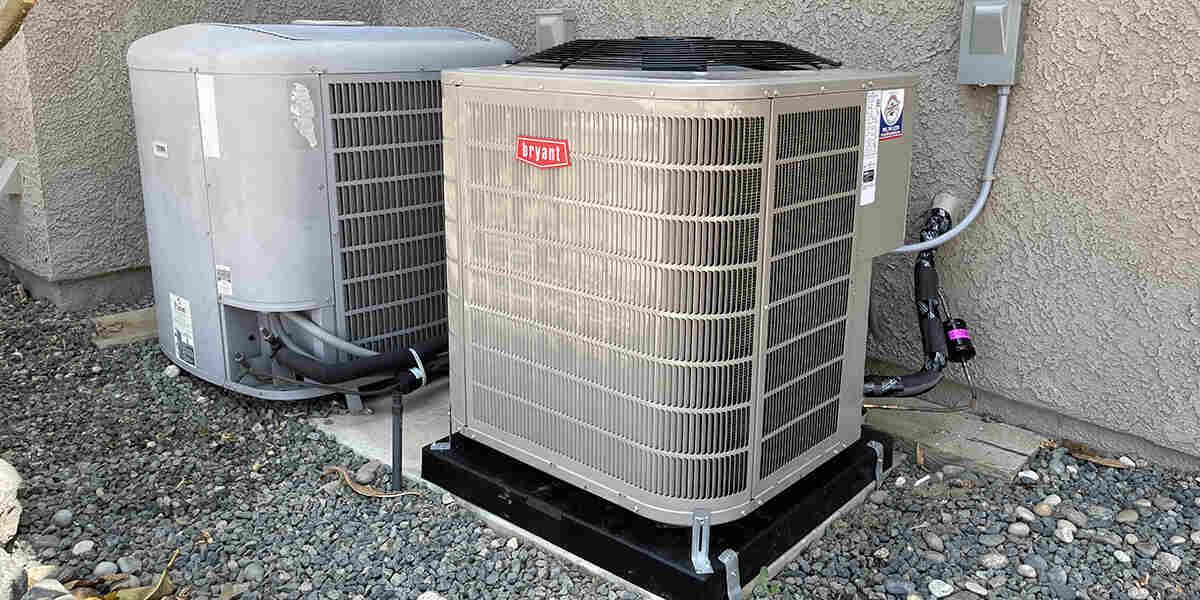Toxic Coolant Leak from Air Conditioner: Signs and Solutions
Anyone who's spent time in California knows how unforgiving the heat can get, even in the winter. Especially when the summer hits, you must have an air conditioner you trust to beat the heat and preserve your at-home comfort. Unfortunately, if you have a toxic coolant leak from air conditioner units in your home, you cannot count on them to perform.
Inland Empire Comfort, Riverside's top-rated air conditioner repair company, provides emergency services to restore your HVAC equipment's functionality within moments. However, identifying the signs of an issue as severe as a coolant leak before they worsen can keep you from needing extensive repairs in the first place. Here are a few of those signs.
Puddle near the Air Conditioner
A puddle underneath the unit is the most obvious sign of a toxic coolant leak from air conditioner systems. Refrigerant often comes out as a green, viscous fluid that's easy to tell apart from water leaks. With any luck, you'll see leaking water first and be able to stop your coolant leak before it reaches this point.
Coolant can cause severe physical sickness and dizziness, so you must be careful around your AC if you spot a puddle. Rather than trying to handle it yourself, keep your distance and call professionals.
Warm Air from The Air Vents
The signs of a toxic coolant leak from air conditioner units aren't always as obvious as a massive, growing puddle underneath the system. However, there are still certain ways to tell that your HVAC has an issue, and warm air from the vents is one of the most obvious.
AC refrigerant is responsible for cooling the warm, outdoor air your HVAC system absorbs. So, when your AC unit is working properly, the breeze it produces will feel crisp and chilled. Unfortunately, when there's a refrigerant issue, it will just push out the air from outside without cooling it.
Frozen Evaporator Coil
When an AC works, the refrigerant runs through the evaporator coil to drain heat from the air. The AC system then passes more air over the coil to keep it from freezing. Refrigerant leaks disrupt the cycle and cause ice to form on the evaporator coil.
You can quickly identify a frozen evaporator coil by removing your ACs access panel and looking for ice. If you spot any, call an HVAC repair service for prompt maintenance.
Hissing Noises
Unfortunately, dozens of AC problems can cause hissing noises, and a toxic coolant leak from air conditioner evaporator coils is one of them.
Hissing noises happen when wind passes through an internal part with cracks or holes, and evaporator coils are the parts that suffer the most damage. Fortunately, you can tell if the hissing noise is a product of a coolant leak if there are also gurgling sounds. This often comes from refrigerant draining from the coil.
Spiking Electricity Bills
Aside from the illness and dizziness, skyrocketing utility expenses are the most detrimental effects of a refrigerant leak. Lacking refrigerant, your system has to work beyond its limits to cool your home. That forces it to run for longer and consume more power.
Slow AC Operation
Not only will a toxic coolant leak from air conditioner units make their air less cool, but it will also keep the unit from cooling your home quickly. Because your AC won't have what it needs to chill your home's air, it will spend longer running before you notice any results. Not only will that leave you waiting for hours for enough climate control to beat the summer heat, but it will also contribute to your high electricity bills.
Get in Touch
Air conditioner coolant is a toxic substance that causes dizziness, loss of motor control, and shortness of breath with enough exposure. It can also harm the environment, harming the ozone layer If you feel these signs of refrigerant poisoning, you should immediately call an HVAC technician to examine your air conditioning system.
Inland Empire Comfort is ready to answer that call whenever you need us. We can quickly identify every sign of a toxic coolant leak from air conditioner systems and repair the issues on-site. Since refrigerant is harmful, it's best to leave these fixes in the hands of qualified professionals. You won't find a more reliable team than Inland Empire Comfort.
Call Inland Empire Comfort today at (951) 336-1892 to schedule a service or find out what your home's humidity level should be with an air conditioner and why poor humidity might signify a coolant leak.
You might also like
Inland Empire Comfort
Book a Service Today
We will get back to you as soon as possible
Please try again later
Location
19071 Newsome Rd Riverside, CA 92508
NAVIGATION LINKS
All Rights Reserved | Inland Empire Comfort



